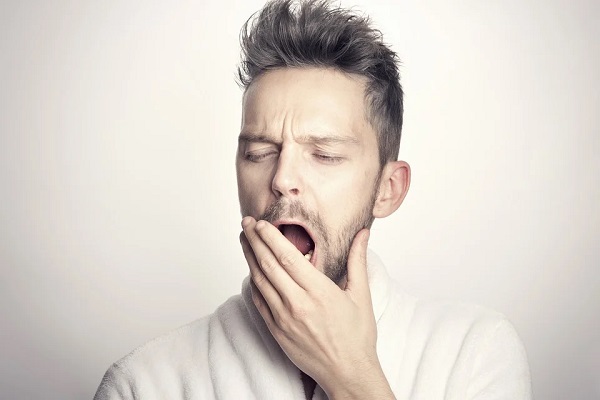Sleep deprivation or insomnia impacts your health in many ways. But recently, researchers have found that insomnia can also lead to hair loss, hair thinning, or shedding. Additionally, accumulating stress and inability to sleep can result in androgenetic alopecia. In this article, we’ll explain the relationship between sleep deprivation and hair fall and how you can improve the quality of your sleep.
The Science Behind Sleep Deprivation, Hair Loss and Stress
It’s no secret that 7-8 hours of sleep every day is essential for our health and wellbeing. Every night your body needs the required hours of rest for the natural repair and regulation process during sleep. It also helps your mind to recover from all the stress and anxiety of the day. Sleep deprivation hurts health that can cause falling and thinning of hair.
In your sleep, the body undergoes different sleep cycles that regulate the growth of hair follicles and stem cells. In the anagen stage of the hair growth cycle, a circadian rhythm results in stem cell growth, which encourages hair growth during a particular time of the day. And due to sleep deprivation, the cortisol level(stress hormone) in your body increases, resulting in hair loss.
To give more weight to this argument, a study published in the American Journal of Pathology revealed the relationship between hair growth and stress. It states that when your body releases neurotransmitters, neurohormones, and cytokines (all related to stress), they all affect your hair growth cycle.
Finding Ways to Deal With Hairloss
If you are exposed to these problems, you should find ways to improve the quality of your life by improving the quality of your sleep. A regular sleep schedule of 7-8 hours can positively affect the functioning of your growth hormone.
However, if you have tried it and are not getting satisfactory results, you should seek medical attention. With recent technological developments, you can get the look of a fully-haired scalp without hair surgery. This method is known as scalp tattoo, which is far easier and faster than a traditional hair treatment. In this treatment, your head gets a look of a close buzzed haircut. This treatment is specially designed according to your face structure, which helps it blend perfectly with your face.
Further, we discuss some lifestyle changes you can make that help you get better sleep, therefore minor hair fall.
Tips to Getting Better Sleep
- Maintain a healthy sleep routine. It helps your body function, as usual, improves overall wellbeing, and positively affects the stem cell proliferation of hair follicles.
- Keep your room dark and limit your exposure to electronic devices at night. Darkness stimulates melatonin production that enhances the quality of your sleep.
- Make sure your surroundings are quieter as it makes it easier for you to fall asleep. Hence, make sure your room is soundproof. If that’s not possible, make sure you close the door to your room to get a good night’s sleep.
- Comfort plays a vital role in improving your sleep Make sure your bedding and the environment in your room are comfortable that helps you fall asleep faster.
In Conclusion
A healthy lifestyle and adequate sleep can act as the critical element in restoring your hair’s health. Ensure you give yourself the care you deserve and find all the possible ways to deal with hair loss. The information mentioned above will help you achieve this goal. Make sure you use this knowledge to your advantage.

